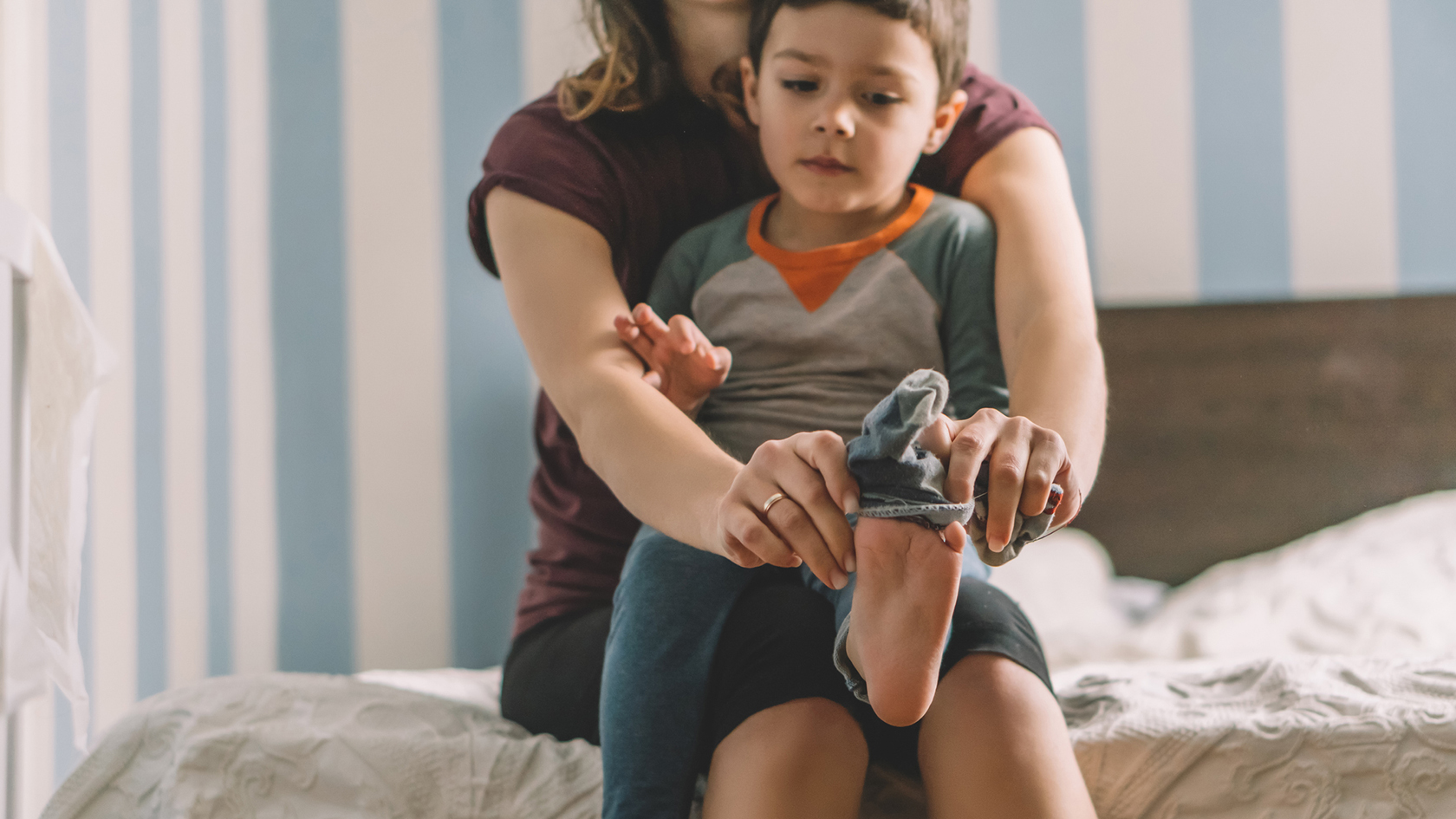Obsessive-compulsive disorders and tics

Obsessive-compulsive disorders are very debilitating illnesses that can occur as early as childhood and adolescence and have a high degree of chronicity (Steward et al., 2004). With an average prevalence of 1-3% (Flament et al., 1988; Valleni-Basile et al., 1994), they are among the most common mental illnesses in childhood and adolescence (Walitza et al., 2011). 40% of children and adolescents show a persistent, chronic course (Jans et al, 2003, Zellmann et al, 2009).
Based on the finding that various studies have shown that intensified exposure treatments in the sense of longer and more frequent sessions per week are associated with greater effectiveness (Abramowitz et al, 2005; Franklin et al, 2000; Hiss et al, 1994; Lindsey et al, 1997), various intensive treatment programs have been developed and evaluated (e.g. Hansen et al, 2018, 2019, Kvale et al, 2018; Storch et al, 2010, Whiteside et al, 2014).
Based on the LEVVEL child and adolescent psychiatry treatment program at the University of Amsterdam, the special consultation for children and adolescents with OCD at the Department of Child and Adolescent Psychiatry and Psychotherapy in Zurich offers an intensive treatment program based on cognitive behavioral therapy (CBT) using the exposure with response prevention (ERP) method for children and adolescents.
In the future without constraints
The intensive week «In Zukunft ohne Zwänge» lasts 5 days and is a supplement to regular outpatient treatment. Children and adolescents between the ages of 8 and 18 who have already received outpatient treatment for OCD with the evidence-based treatment elements of exposure with reaction prevention (ERP) can take part in the intensive week. Complementary drug treatment is possible and is not an exclusion criterion. The week takes place approximately twice a year (during a vacation week) and a maximum of 10 children and adolescents can participate. Parents are involved in the treatment. A parent workshop is held at the beginning of the week and parents and their child practise together with a therapist for half a day on site.